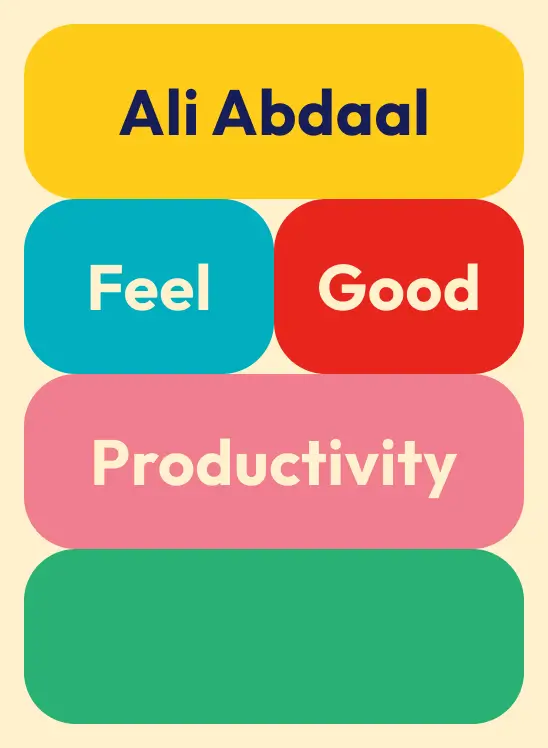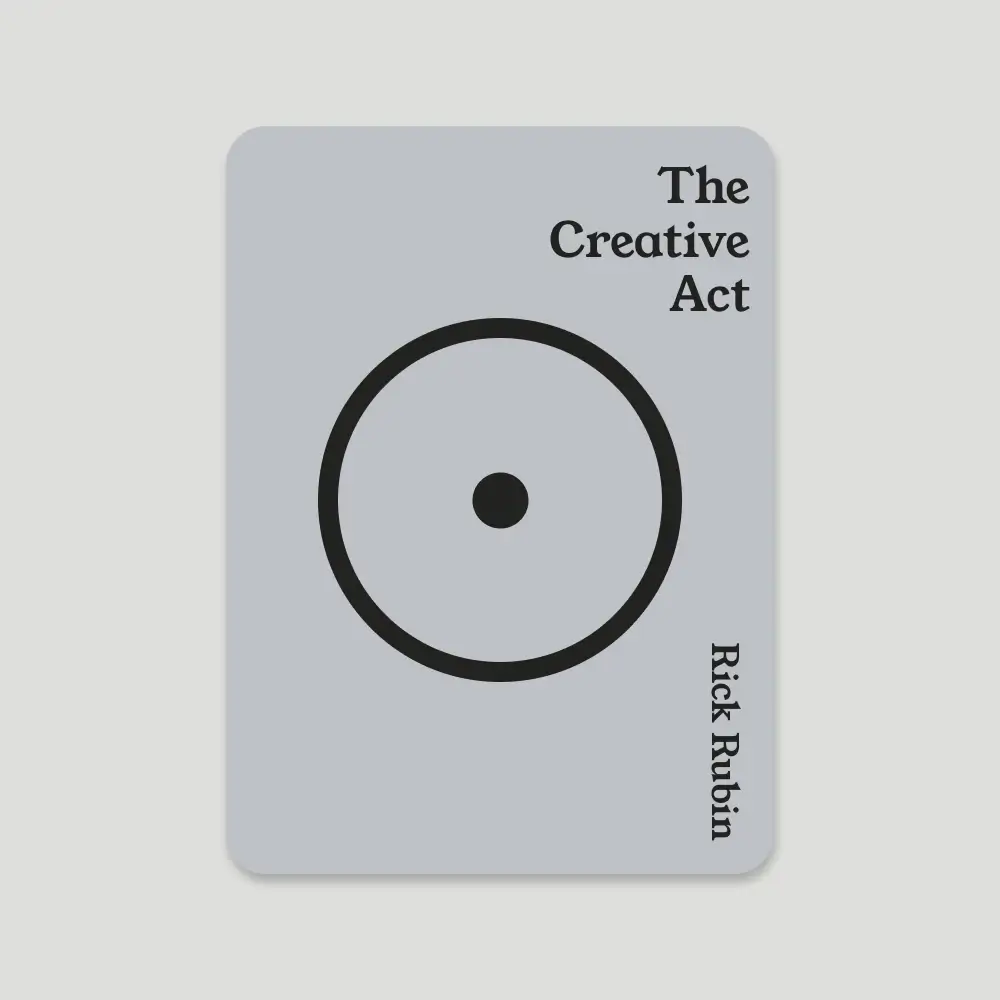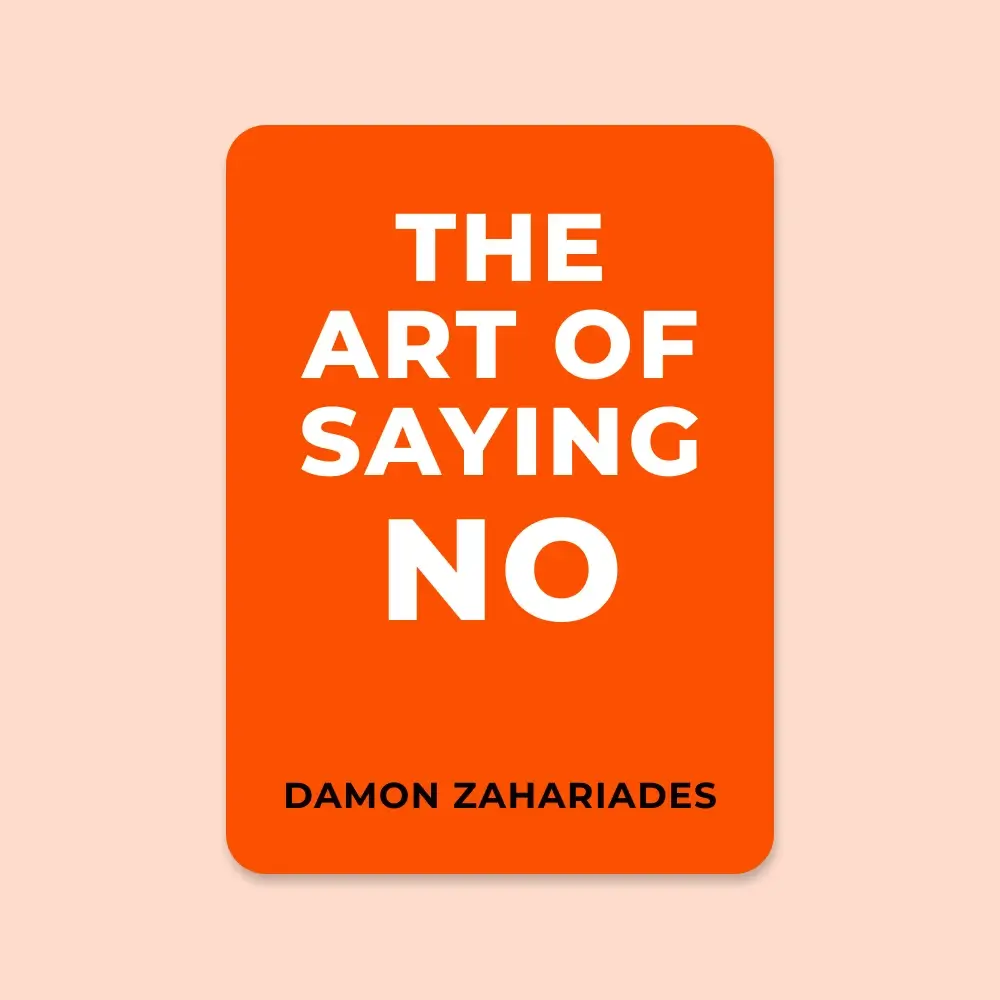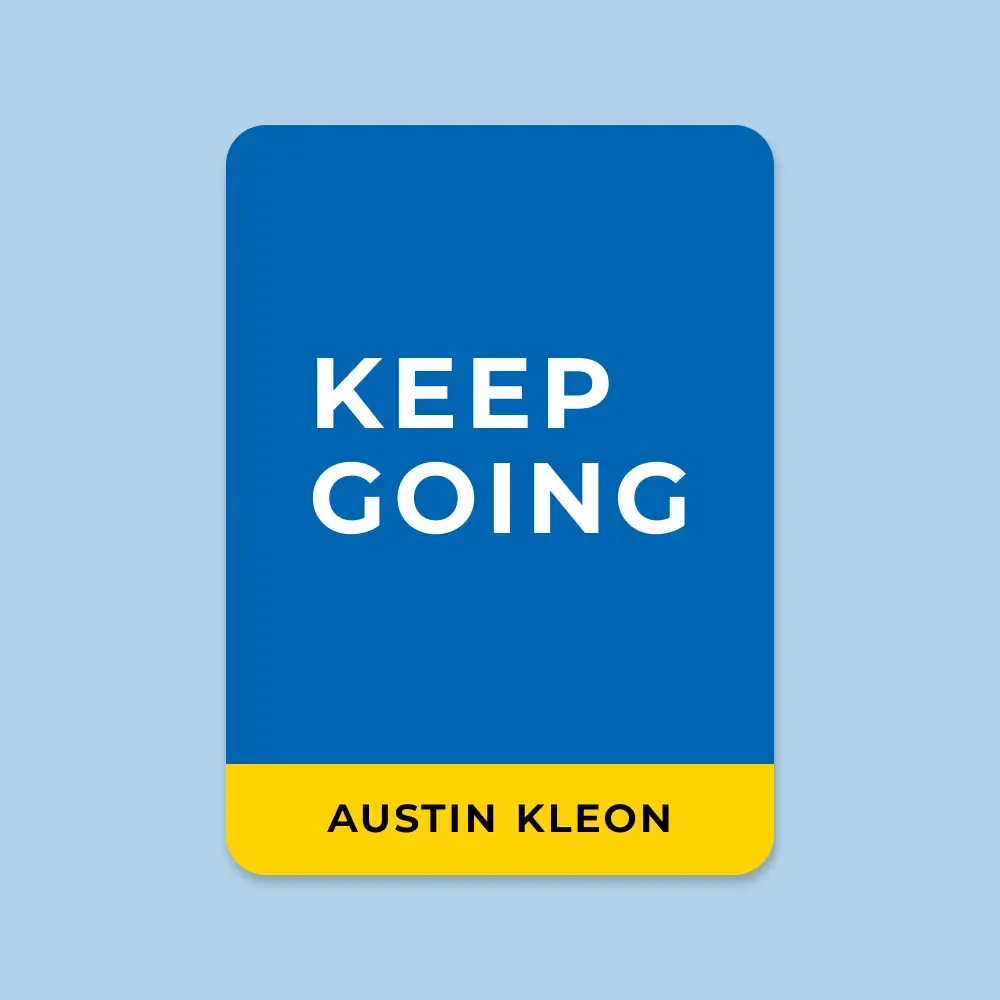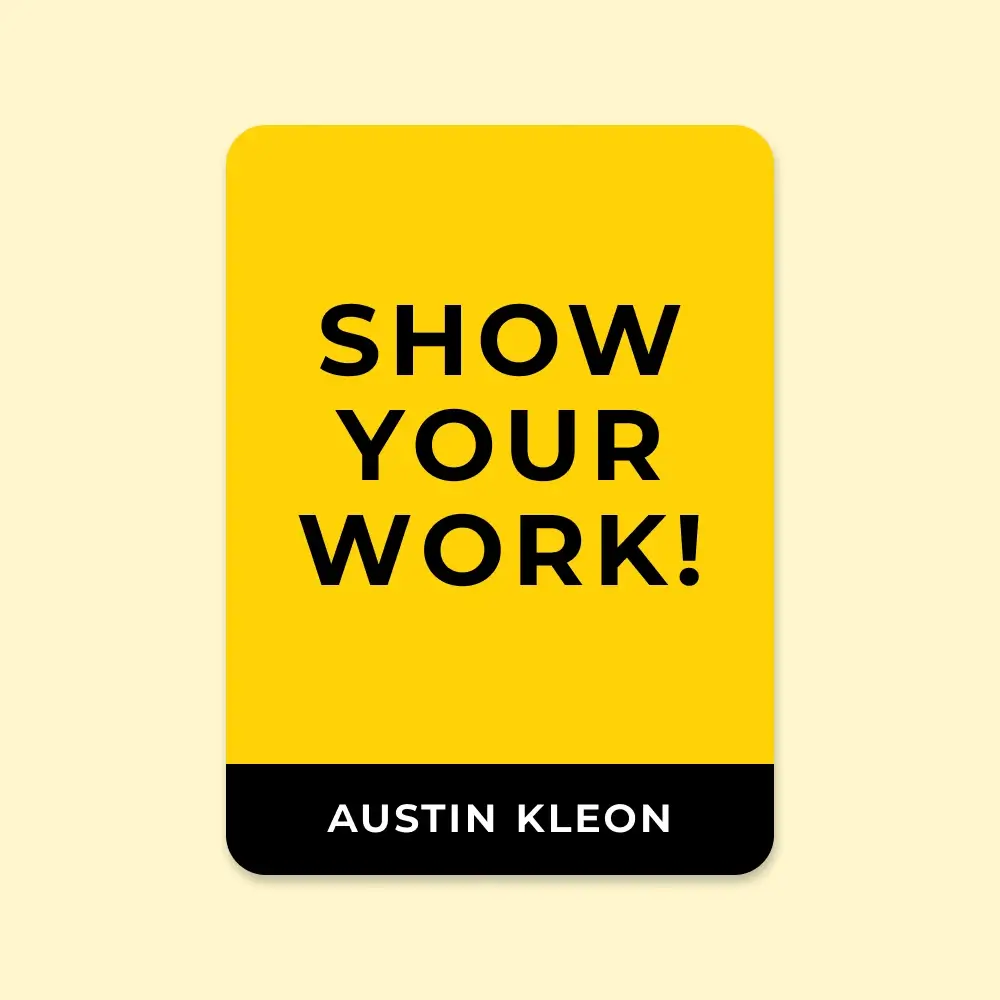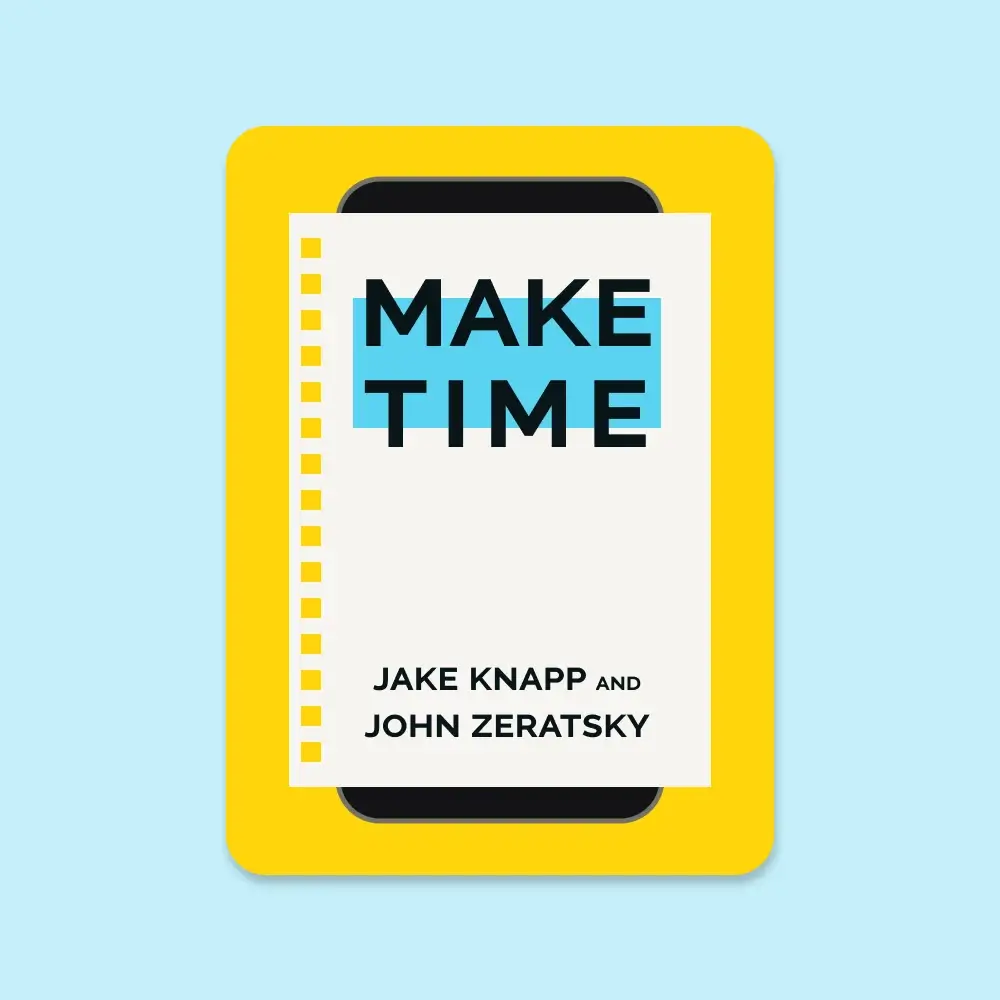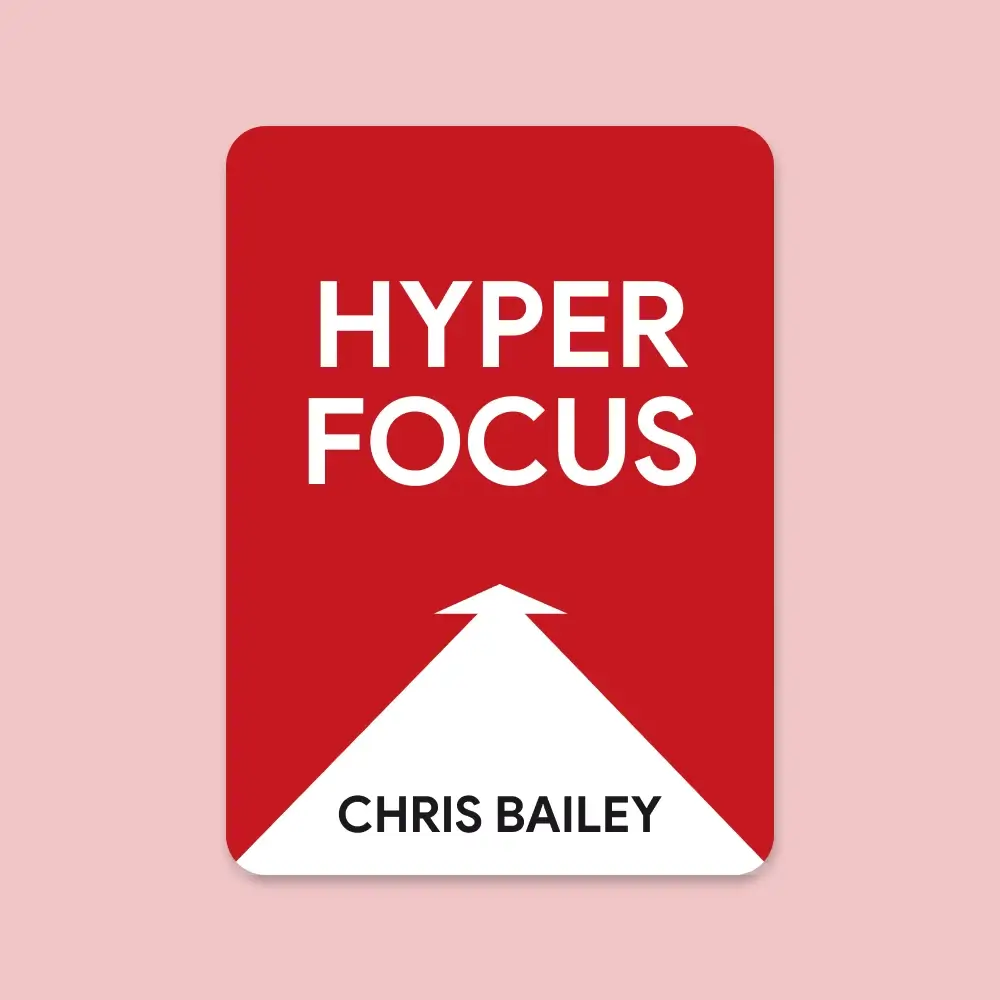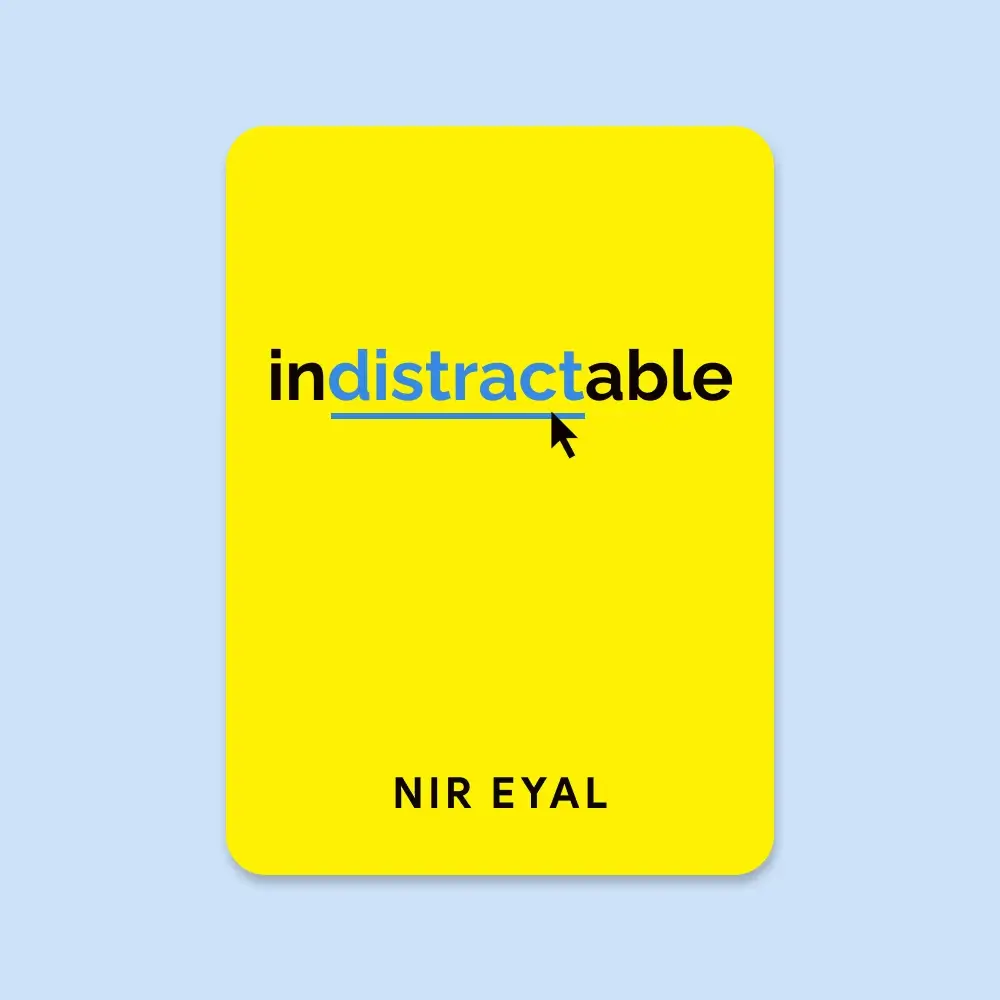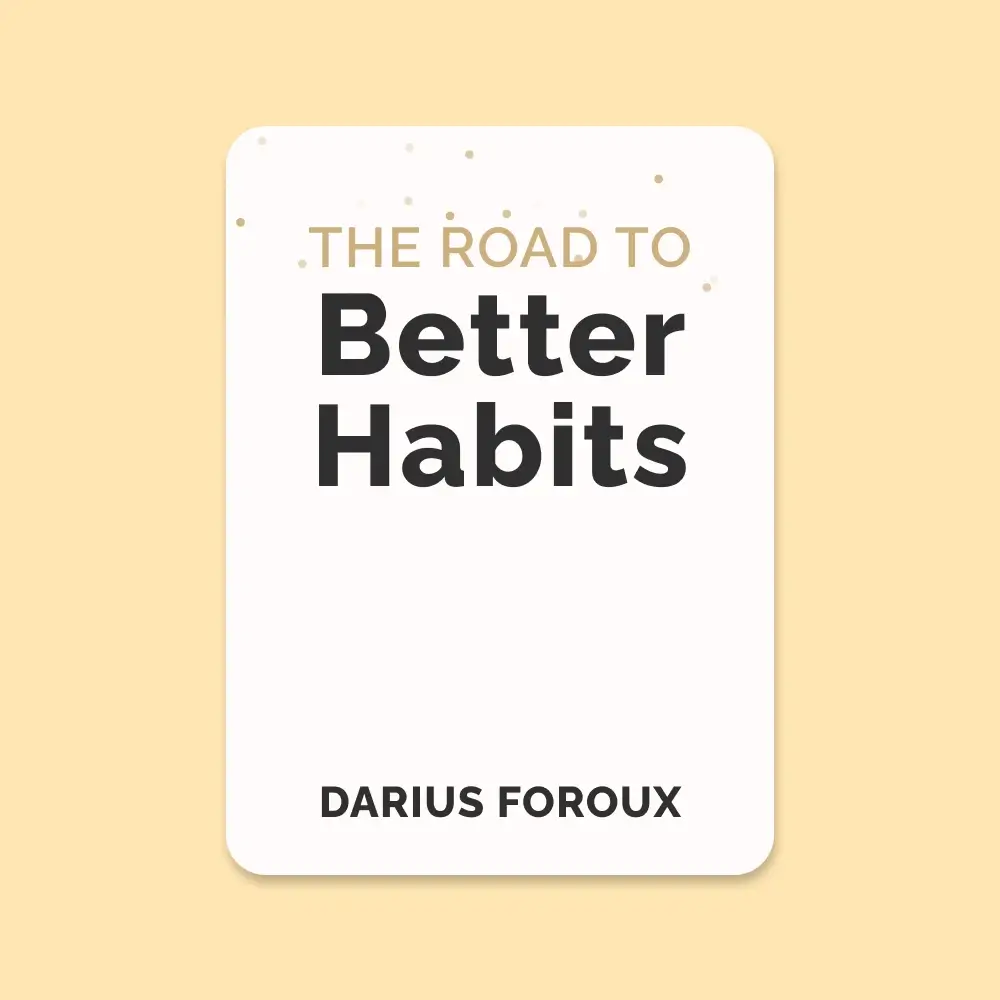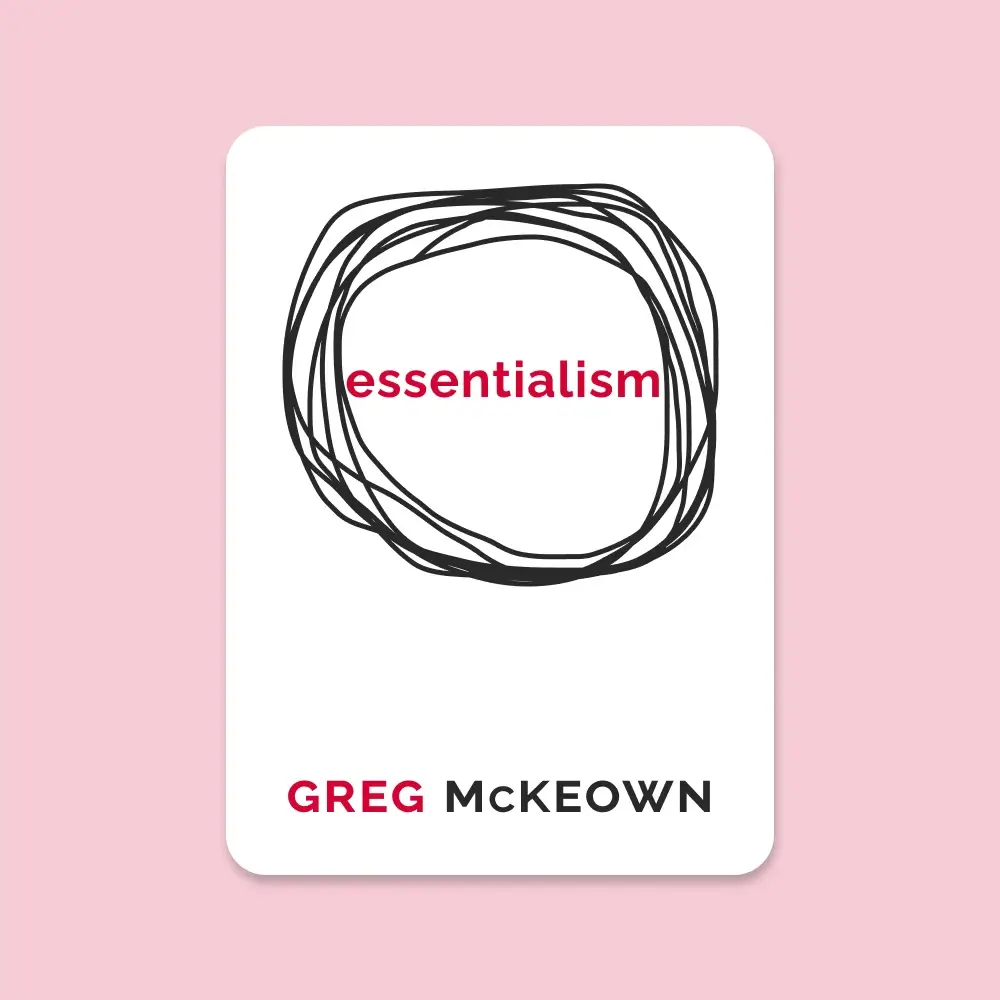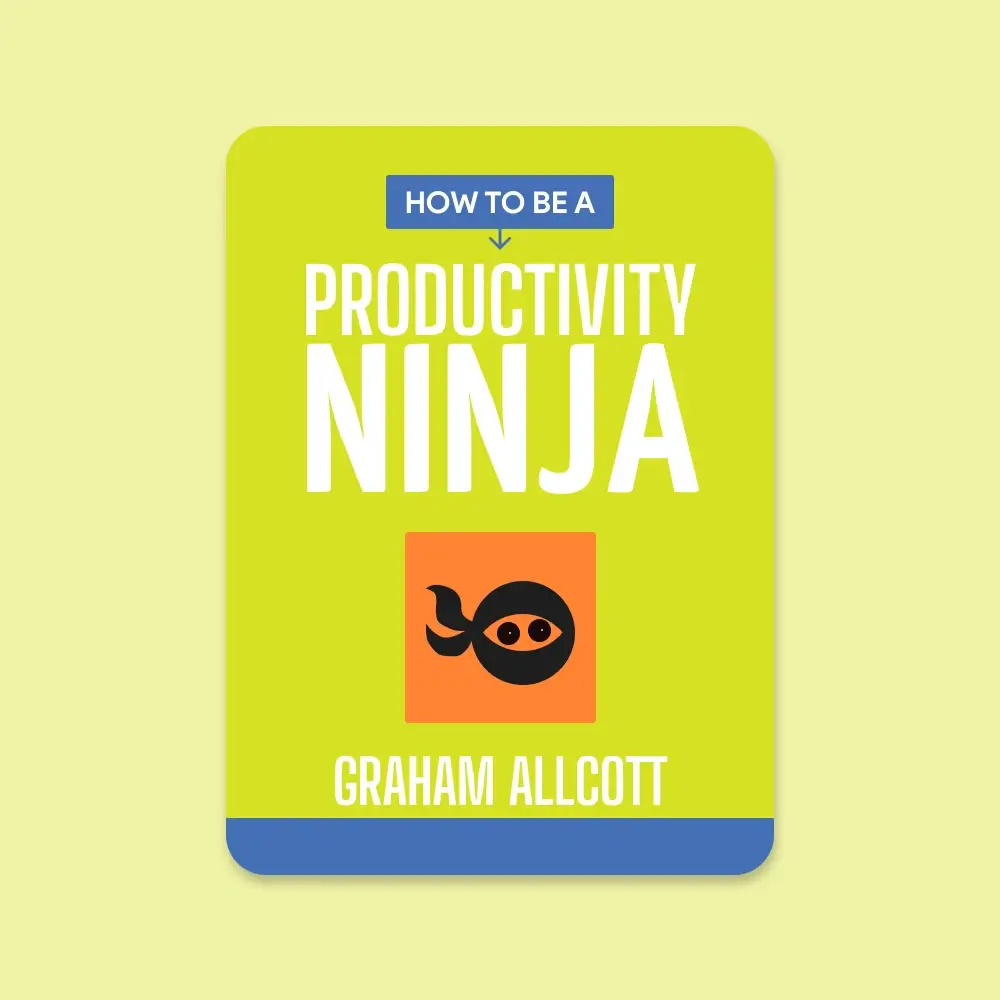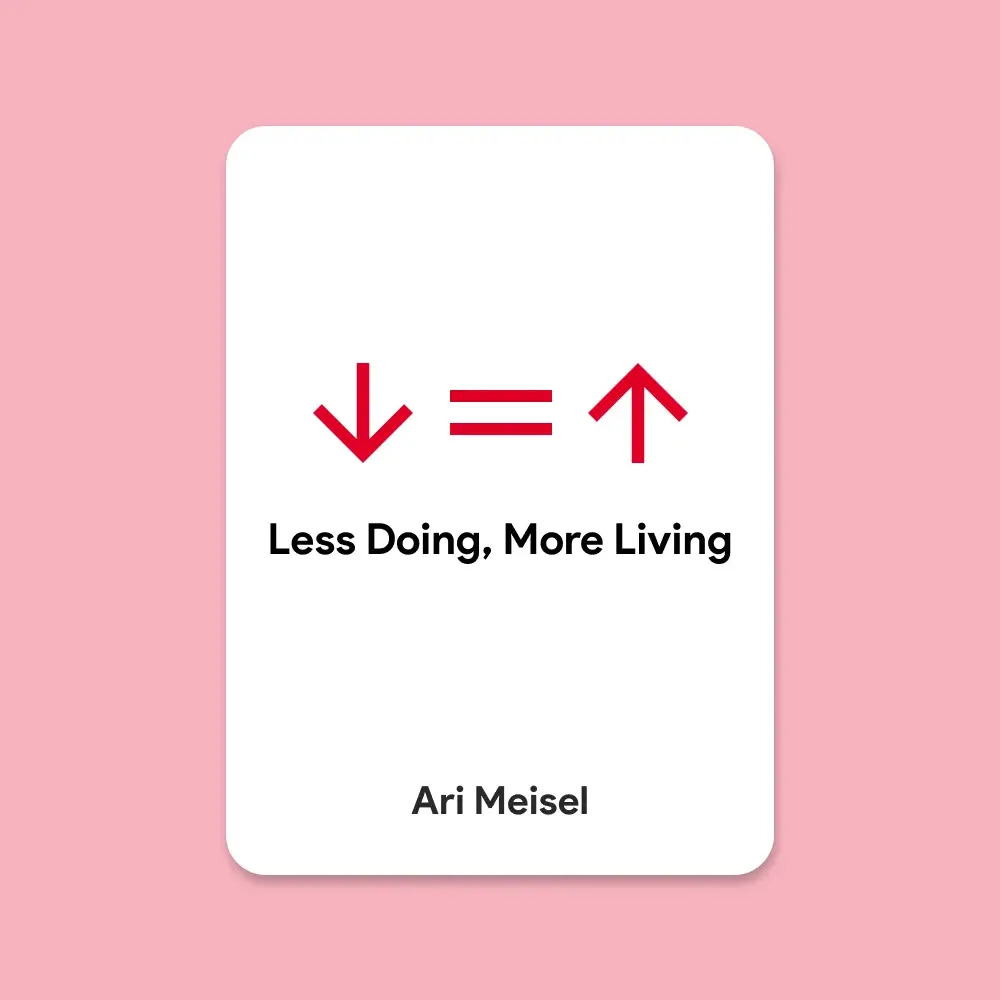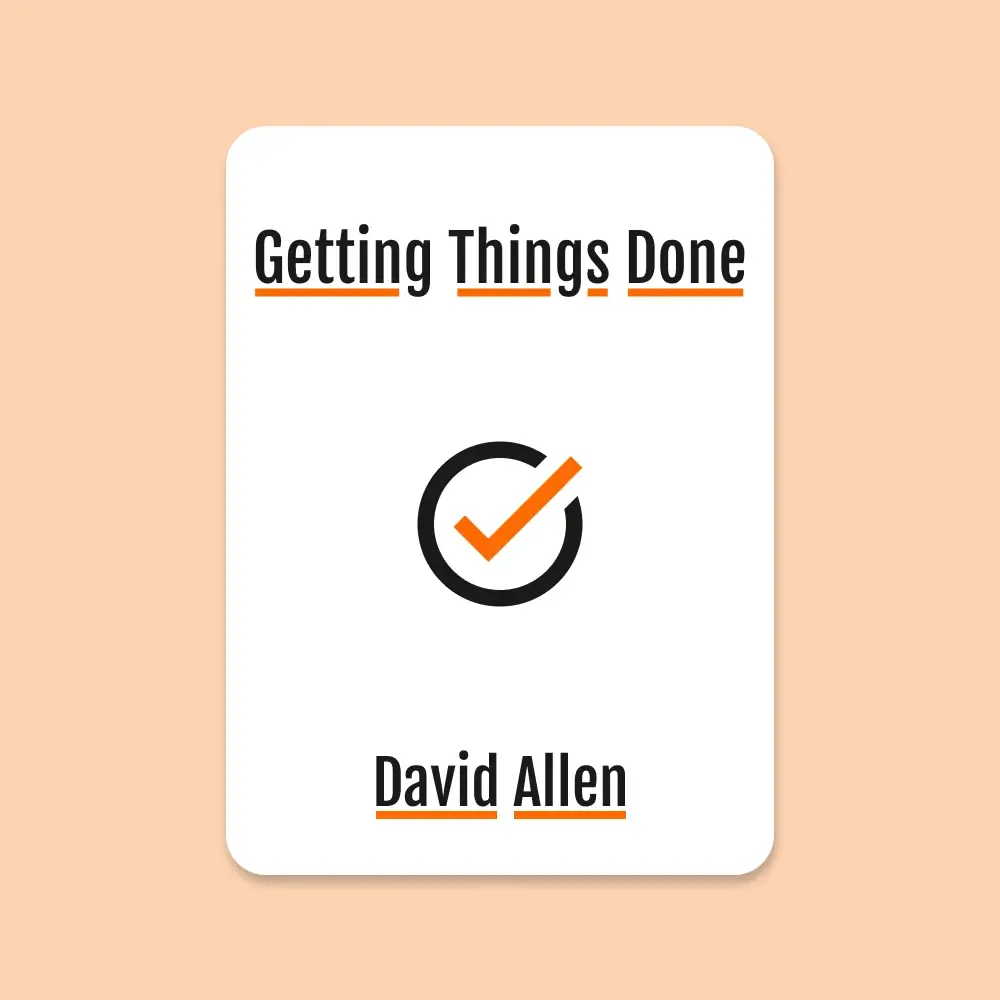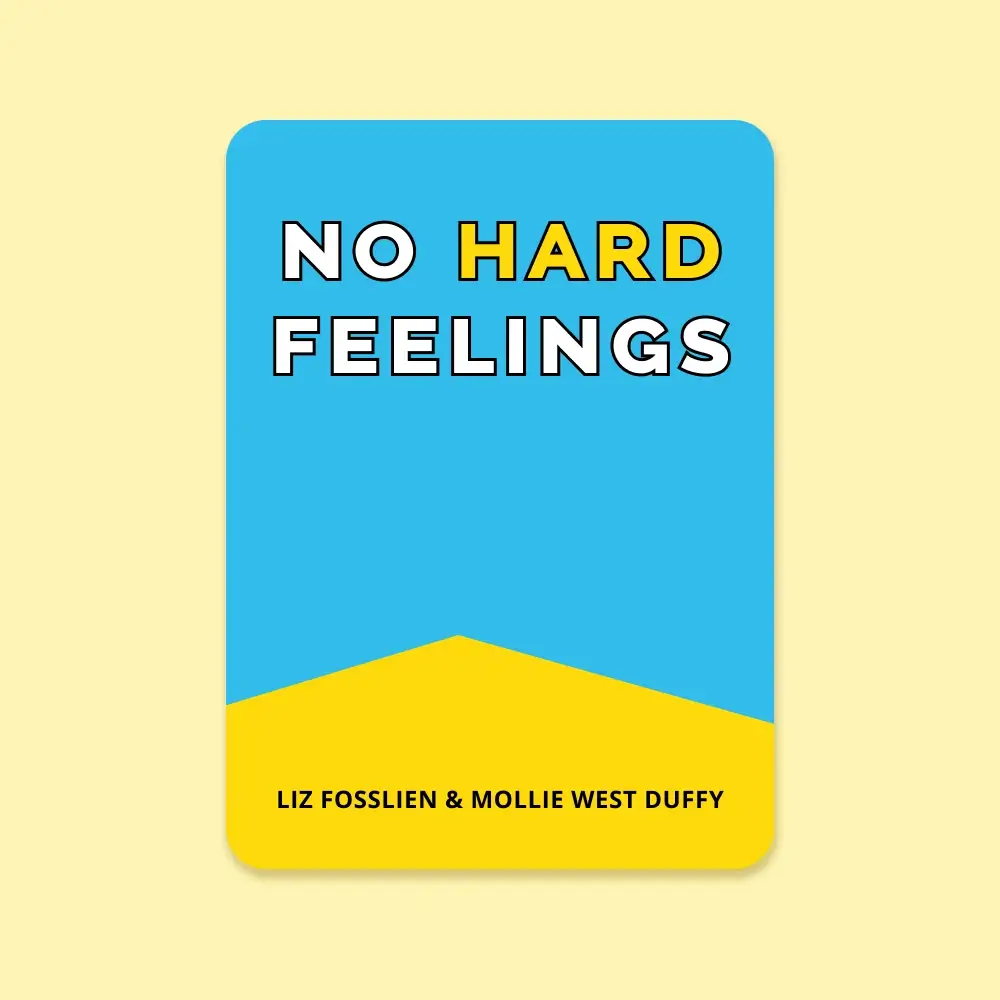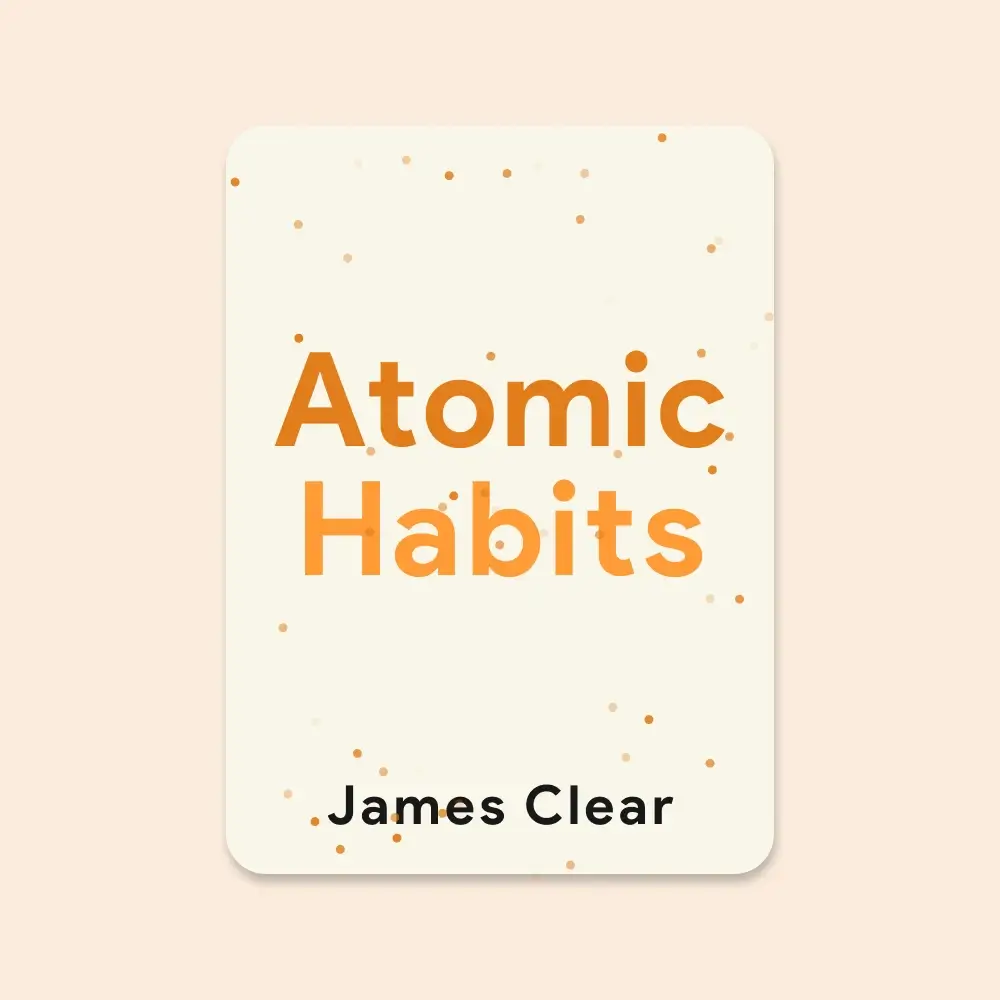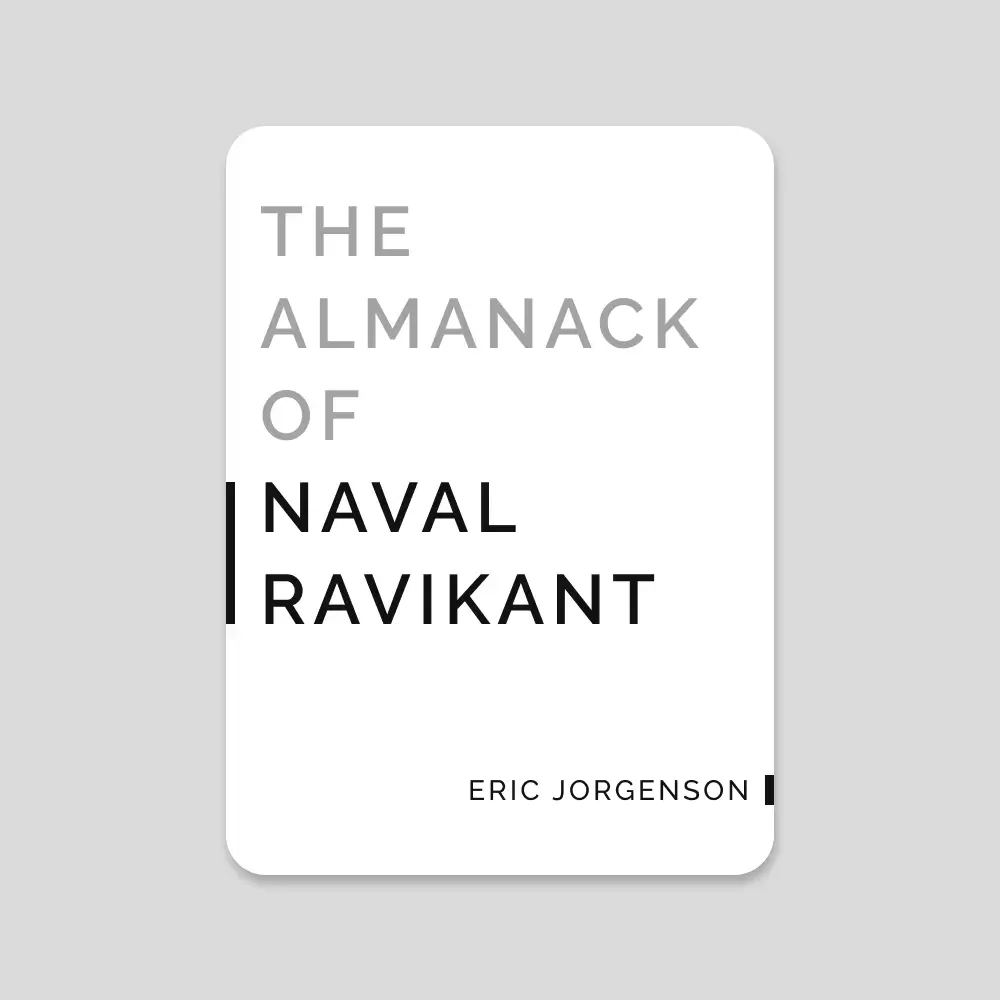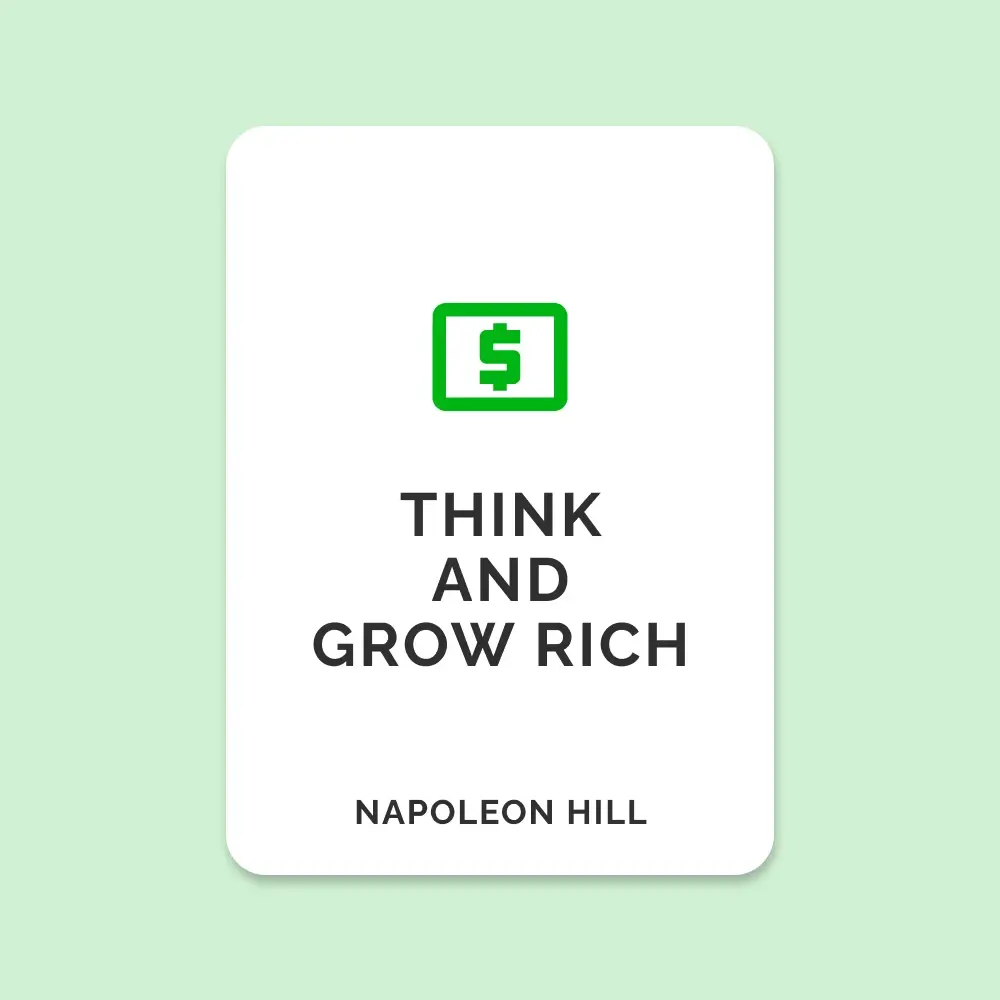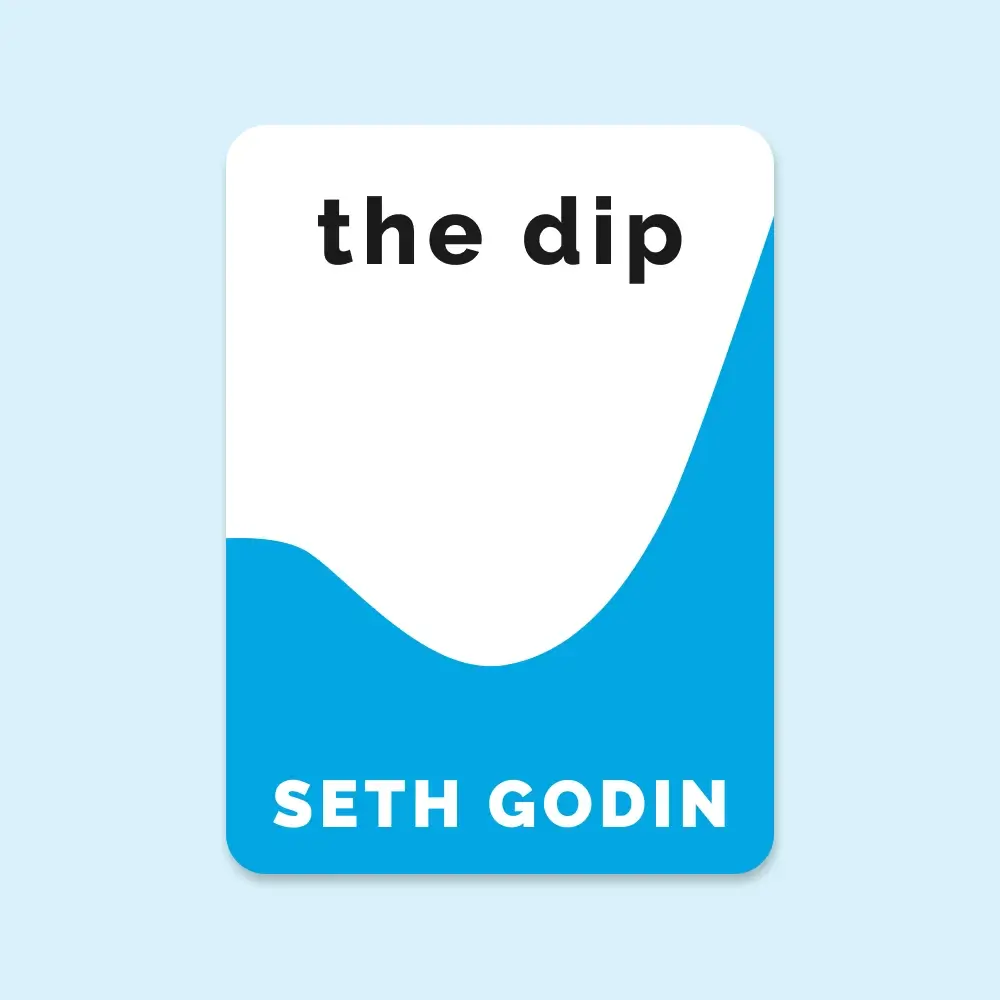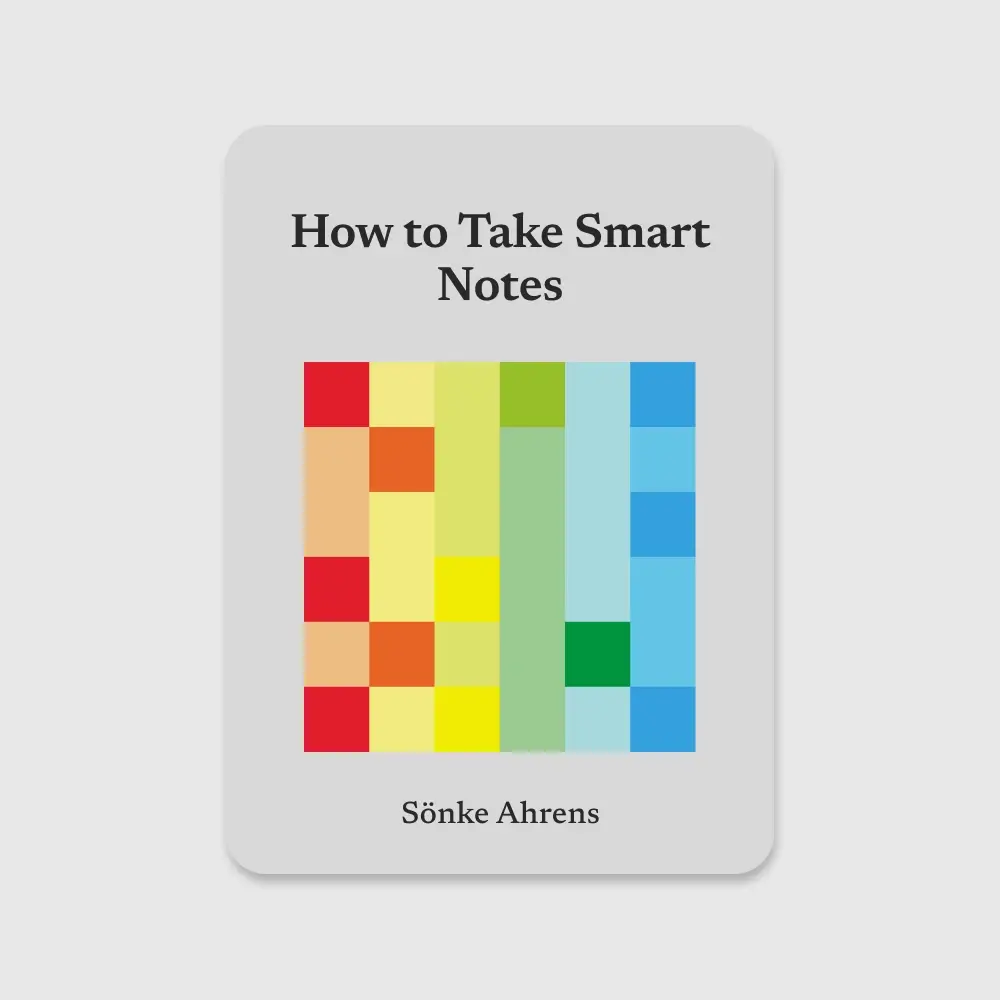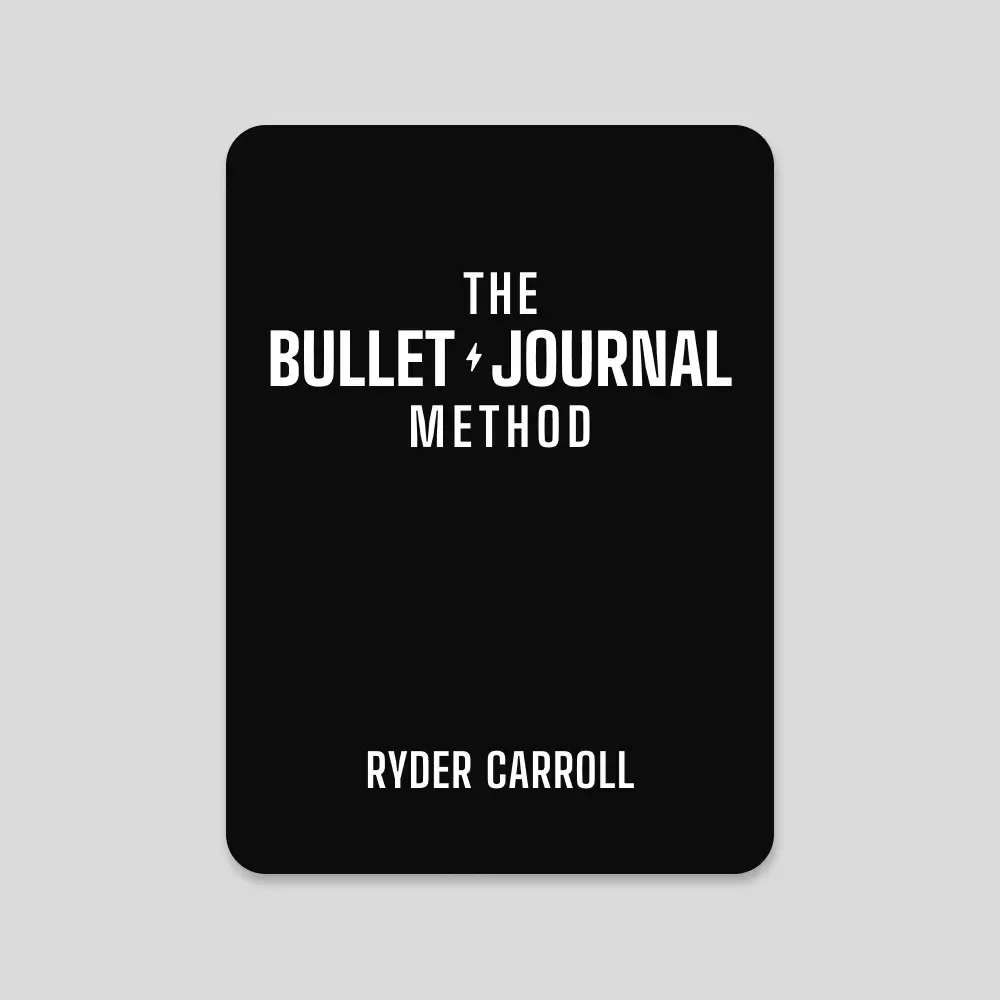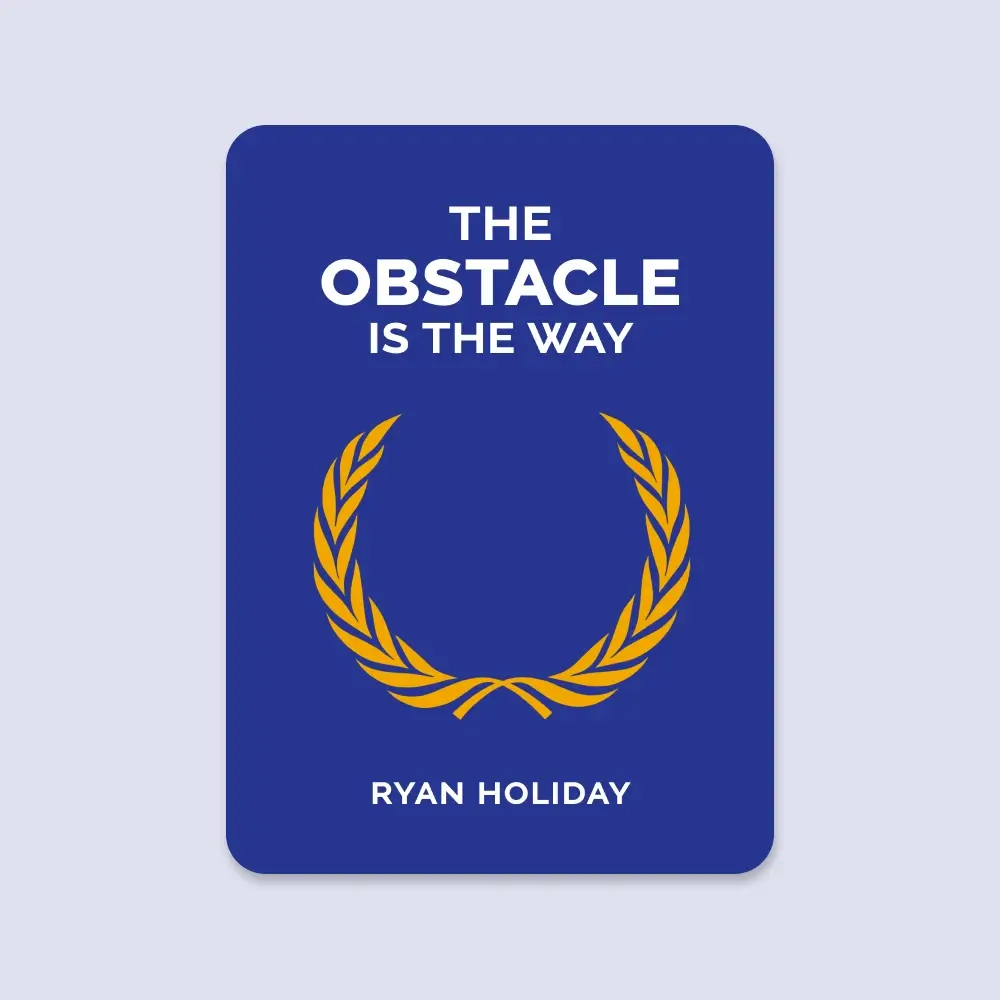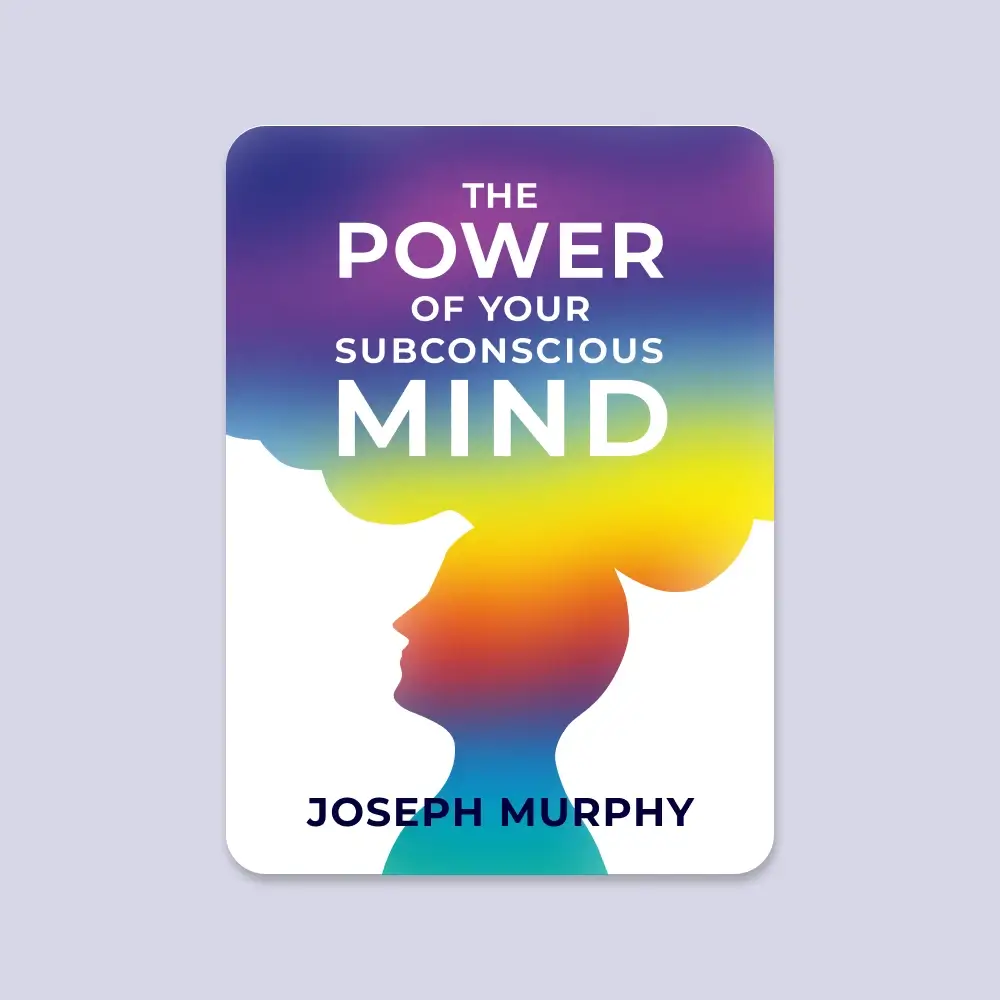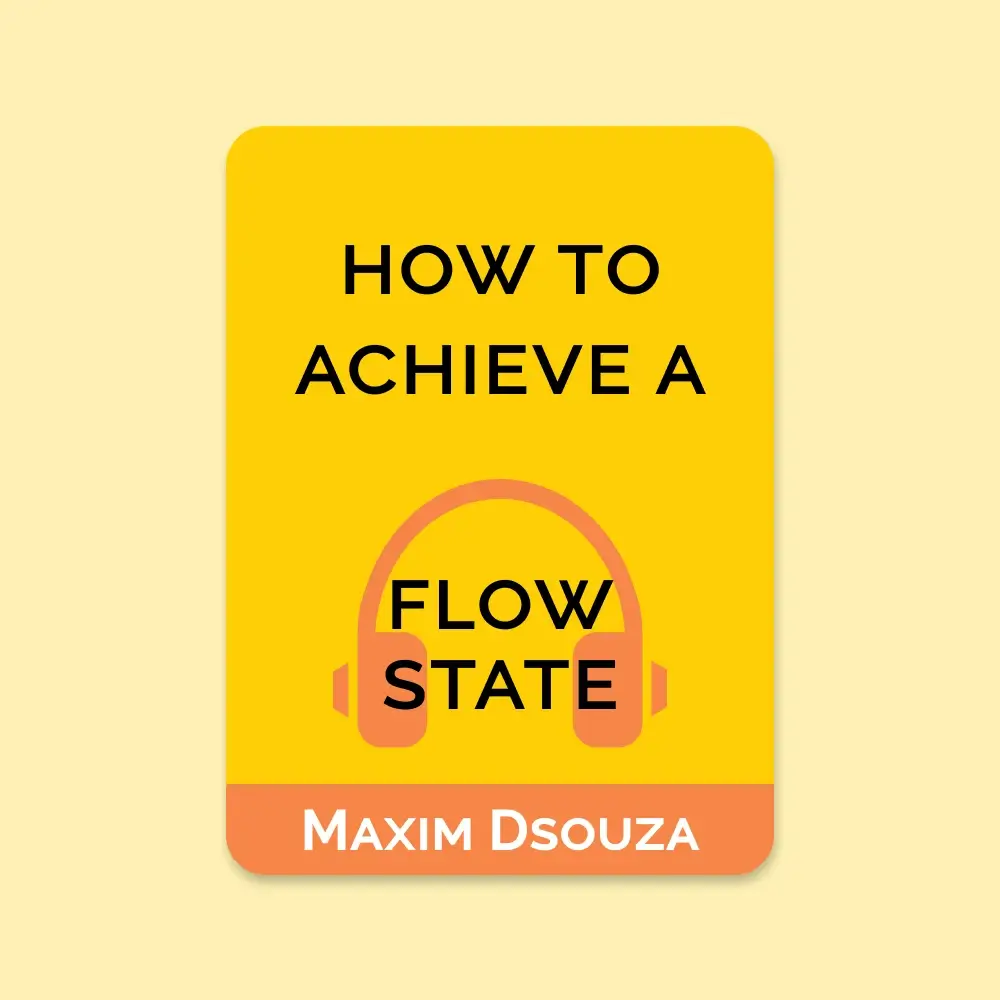
How To Achieve A Flow State
🌊 Flow is full immersion - Flow is when you’re so absorbed in a task that time melts away. You’re focused, energized, and at your best.
🎯 Do what you enjoy and are good at - Flow requires interest and ability. Choose tasks you like and where you’ve built some skill.
⚖️ Hit the challenge-skill sweet spot - Flow thrives where challenge meets capability. Too easy = boredom. Too hard = anxiety.
🧠 One task only - Multitasking kills flow. Funnel all your mental power into one meaningful activity.
⛳ Start with clear goals - If your brain doesn’t know what to aim at, it won’t fire. Define what success looks like before you begin.
📈 Seek incremental growth - Push just past your comfort zone. Small, daily challenges build momentum and lead to mastery.
🔁 Real-time feedback fuels flow - The more instantly you know how you’re doing, the more engaged you stay. Self-feedback counts.
🧘 Lose yourself, literally - Flow blurs your sense of self and time. You forget hunger, fatigue, even bodily needs.
💪 Flow needs patience - Don’t expect instant results. It takes time, practice, and focus to consistently enter the zone.
📵 Filter out distractions - Mastery and flow demand uninterrupted attention. Control your environment. Guard your focus.
🧠 Mastery is a daily habit - Even small daily improvements compound. Flow is easier when you’re steadily getting better.
🌍 Learn from others - Step out of your echo chamber. Exposure to new ideas and people accelerates your growth.
-
Flow is a state where you’re completely engrossed in a task with your entire mental or physical energy. You’re so invigorated by the activity that you even lose track of time.
-
Flow is a state of mind where both your brain and body are deeply involved in an activity out of self- interest.
-
Flow occurs under different circumstances for different people but the below two conditions form the foundation: You enjoy the task and you’re at least reasonably good at it .You’re performing the task out of your interest, not because someone asked you to
- Characteristics common to the flow state:
- You put in your best effort
- You’re self- motivated to perform the task to your best ability
- You enjoy the challenge because neither is it too easy nor too difficult
- You experience contentment performing the task, irrespective of the result
- You lose your self consciousness and fail to capture a portion of what your five senses are feeding you
- You’re at your peak concentration level with very minimal distractions
- You experience a distorted sense of time where the clock seems to move faster or slower based on the activity you’re doing. Hours can seem like minutes or seconds move one millisecond at a time.
-
When you’re in the flow state, materialistic needs take a backseat. You don’t feel hunger or the need to visit the restroom until a threshold.
-
If your brain needs to handle different tasks, it’ll do a mediocre job at each of them. But, if you channel all that processing power on a single activity, you’ll deliver your best.
-
To enter a flow state, you must work on only one activity with all your attention.
- You’re far more likely to achieve flow if you’re working on an activity you like to spend time on. Though some people reach flow on tasks that others asked them to finish, the percentages are low.
If you don’t know where you’re going, any road will take you there. — Lewis Caroll
-
When you begin a task without a goal in mind, you’ll run around in circles, procrastinate at every opportunity, and only put in as little effort as possible. You can’t blame yourself for it because you haven’t informed your brain what it needs to do.
-
To attain flow state, you must attempt tasks that make you “a little uncomfortable”.
-
If you look for immediate results and attempt extreme goals which are way above your skill level, you’ll feel defeated and lose the motivation to persist. Instead, aim to incrementally challenge yourself.
-
In principle, to achieve the state of flow you should neither set a goal that lies well within your expertise nor what is far beyond your skills. The sweet spot lies right in between where your goal is both challenging and attainable.
-
You can target unrealistic goals in the long run, but if you want to achieve flow, keep your daily expectations realistic.
-
You cannot pick any random task and achieve a flow state even if you’re brimming with intrinsic motivation. You also need to be reasonably good at the task.
-
Don’t kick yourself if you struggle to reach the flow state in the early days. It takes patience and expertise in the task to attain the flow state.
-
You have a higher chance of achieving flow if you receive immediate feedback on your performance. The feedback doesn’t have to come from an external source or a person. If you can sense how you’re performing, that works too.
-
Whenever you fail to achieve flow state with studies, don’t undermine yourself. It has less to do with your ability and more to do with the subject.
-
To achieve flow, you will have to begin with an area you enjoy spending time on. It doesn’t necessarily have to be your passion, but at the very least it shouldn’t be a task you hate.
-
Persistence and incremental challenge help you achieve flow state in the long run.
-
To achieve mastery in any skill in the current world, filtering such distractions out is no longer an added bonus, but a mandate.
-
The best way to achieve mastery is to spend time every day to improve your expertise, even in little ways.
-
Do not stick to your perspective alone. Step out of the well and expose yourself to the vast world around you which is filled with brilliant people who can teach you a trick or two.
